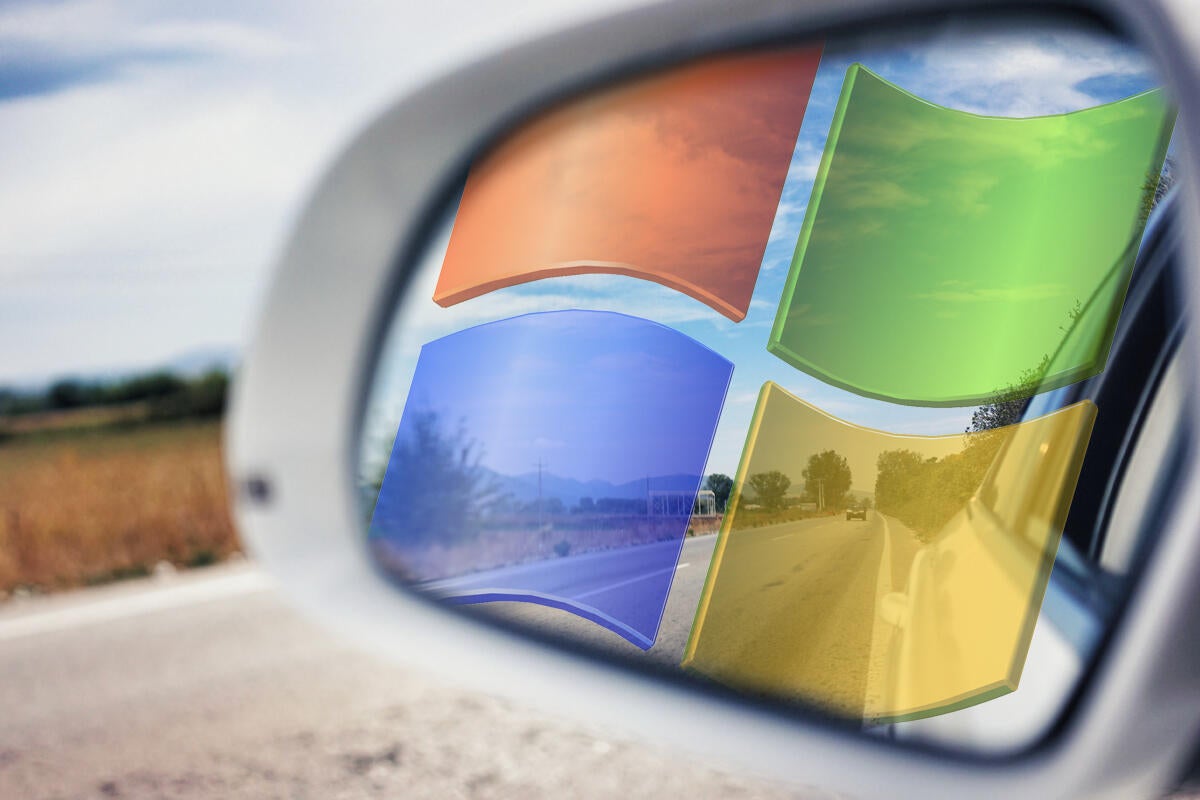Post-retirement Windows 7 patches: Not just for the big dogs now

Credit to Author: Gregg Keizer| Date: Wed, 02 Oct 2019 05:29:00 -0700
Microsoft on Tuesday changed its plans for selling Windows 7 post-retirement support, saying that it will offer patches-for-a-price to any business, no matter how small, that’s willing to pay.
“Through January 2023, we will extend the availability of paid Windows 7 Extended Security Updates (ESU) to businesses of all sizes,” Jared Spataro, an executive in the Microsoft 365 group, wrote in a post to a company blog.
Microsoft had announced the ESU program in September 2018. Since April, when the company started selling ESU, only customers with volume licensing deals for Windows 7 Enterprise or Windows 10 Professional have been eligible to purchase the support add-on.
Windows 7 will drop off the standard support list Jan. 14, 2020. After that, most machines running the 2009 OS will not receive security updates that patch vulnerabilities.
“Starting on December 1, 2019, businesses of any size can purchase ESU through the cloud solution provider (CSP) program,” Spataro added, referring to one of the many reseller plans Microsoft supports. (Customers can use Microsoft’s search tool to locate a reseller in the CSP program.)
It’s unclear how much ESUs will cost for small- and mid-sized companies without volume licensing agreements. Not surprisingly, Spataro did not reveal prices.
Earlier documentation had put the first year of ESU at $50 per device for customers with volume licensing for Windows 7 Professional, $25 per device for those with a Windows 7 Enterprise agreement. Prices will double each succeeding year until, in the third, they reach $200 per device for Windows 7 Professional, $100 for Windows 7 Enterprise. ESU will run three years, Microsoft has said, with payment each year. Customers who adopt ESU in, for instance, Year 2, must pay the per device cost for Year 1 as well.
Notably, Microsoft characterized the lower ESU price for volume licensees of Windows 7 Enterprise as a “discount,” keeping with its practice of giving the largest price breaks to its largest customers. It’s unclear whether Microsoft would extend the same prices to smaller shops, especially since ESU will go through a middleman. Computerworld‘s advice: Expect different – and higher – prices.
Other aspects of ESU may present barriers to small companies that don’t have the luxury of a dedicated IT staff. Although ESU patches will be restricted to only those Microsoft ranks “Critical,” the most serious rating in its four-step system, and delivered through Windows Update, covered PCs must be identified by deploying a Multiple Activation Key (MAK) to them. Although that’s not inherently difficult – once the MAK is in place, Microsoft’s automatic activation service takes over – it’s probably unfamiliar to those running smaller businesses.
A FAQ that includes a section devoted to ESU – albeit one that hasn’t been updated to reflect the new broader audience for the after-retirement patches – can be found on Microsoft’s website.